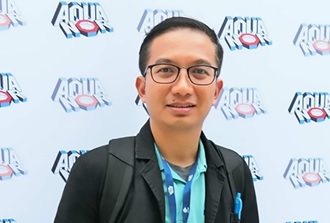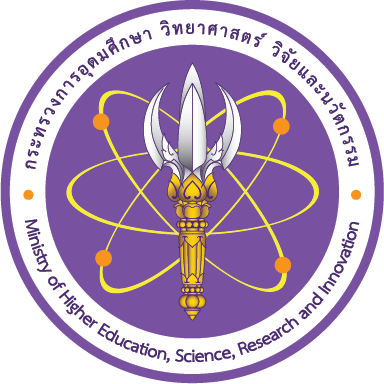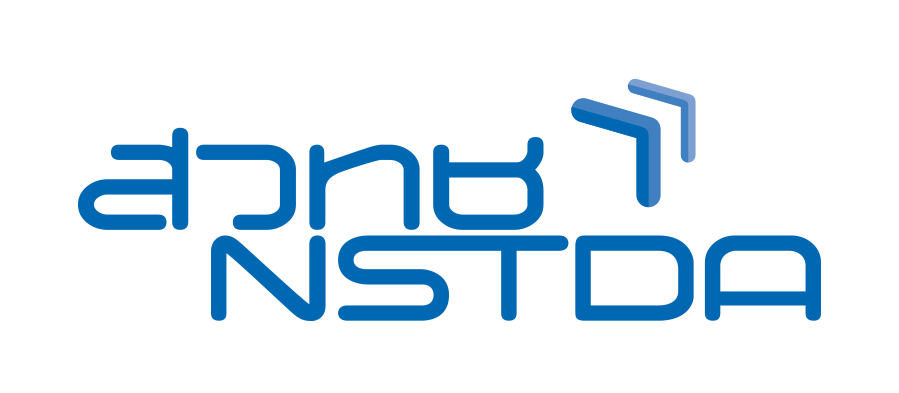A recirculating aquaculture system (RAS) is a new way to farm fish at high densities in tanks with a controlled environment. However, RAS has yet to be adopted widely among Thai aquaculture farmers, as the technology can be expensive due to imported devices, too complicated for farmers to operate and costly to operate and maintain.
To overcome these barriers, a research team at MTEC-NSTDA has developed an automated RAS for intensive farming that is simple to operate and all parts can be manufactured in Thailand. The system is equipped with RAScal software for assessment of overall operation and a measuring and controlling system for managing water quality to promote fish growth and enabling users to monitor and control the operation via a mobile application.

Dr. Yotsakorn Pratumwal of MTEC Computer-Aided Engineering Research Team explained the design of this system. The circular tank is designed with water inlets installed around the tank wall while water drainage at the center of tank floor, creating vortex motion. The water velocity can be adjusted to suit the type of fish raised. Two options for feed setting are available: intermittent or continuous.

Pollutants are removed with water through drainage at the floor center and go through the treatment processes. Mechanical filter removes solid waste which can be re-used as fertilizer. Protein skimmer and ozonation are employed to remove dissolved organic compounds (DOCs) and disinfect water. Ammonia is removed by nitrifying bacteria in a bioreactor. The last step is degassing to remove CO2 and oxygenation with oxygen cones. Treated water is then returned to the fish tank. All the parameter can be adjusted to fit the fish type, age and size to provide optimal conditions for fish growth.
When applied to sea bass farming at 40 kg/cu.m. density, using 6 fish tanks (120 sq.m.), the automated RAS yields a 340 kg/month productivity. At the 700,000-THB investment, the payback period is 3.43 years with a 30% profit. Allowable density varies, depending on fish types. Tilapia is less mobile, so its allowable density is higher at 60-80 kg/sq.m. With water recirculation, RAS offers substantial water savings of 94%.
Though RAS requires more investment than other methods like earthen ponds, it generates more profit as the system can accommodate high density farming and - because it operates in a controlled environment - is not affected by climatic factors or disease transmission.
RAS is an eco-friendly, water efficient, highly productive intensive farming system, and does not cause adverse environmental impacts. It is an example of Bio-Circular-Green Economy (BCG), utilizing technology to improve productivity and create environmental sustainability.








